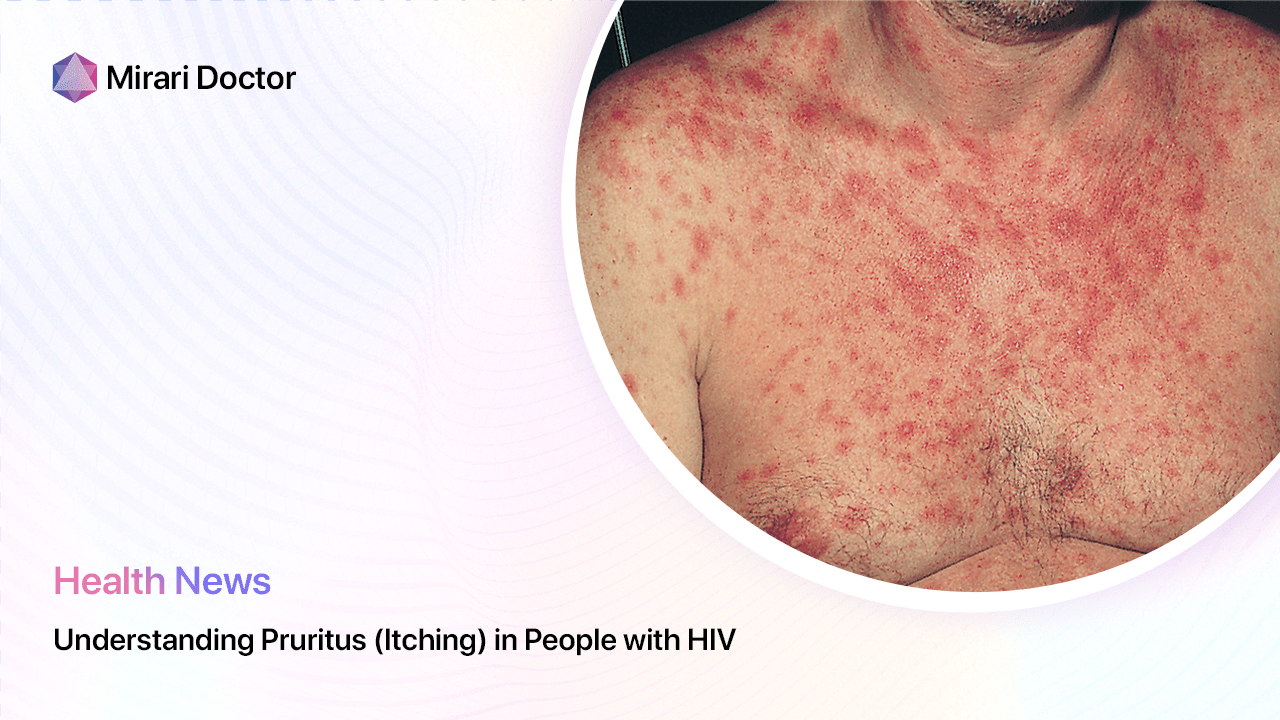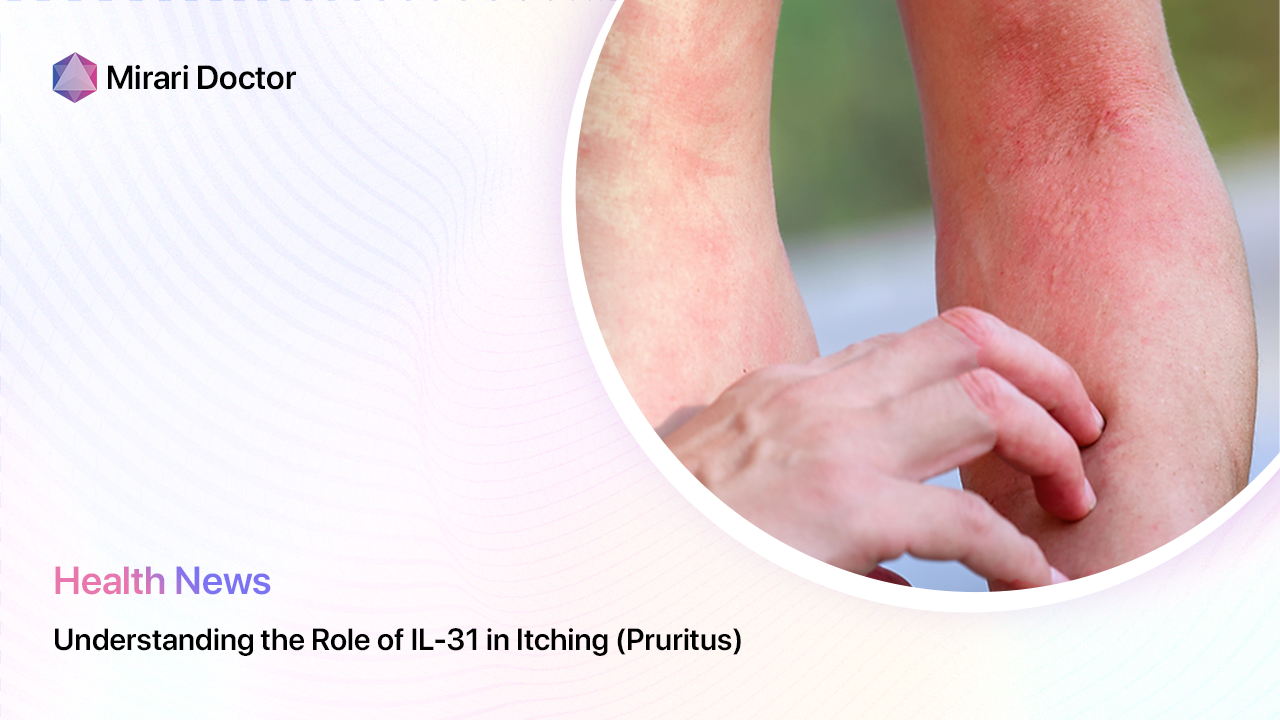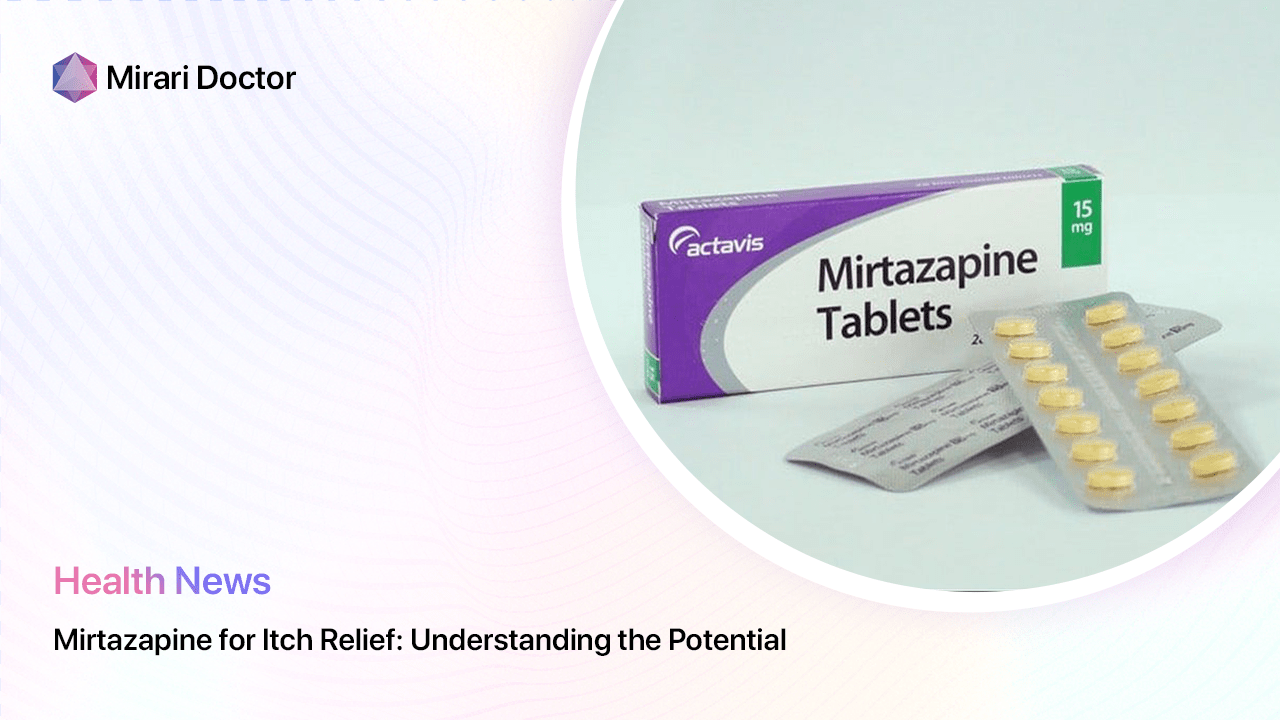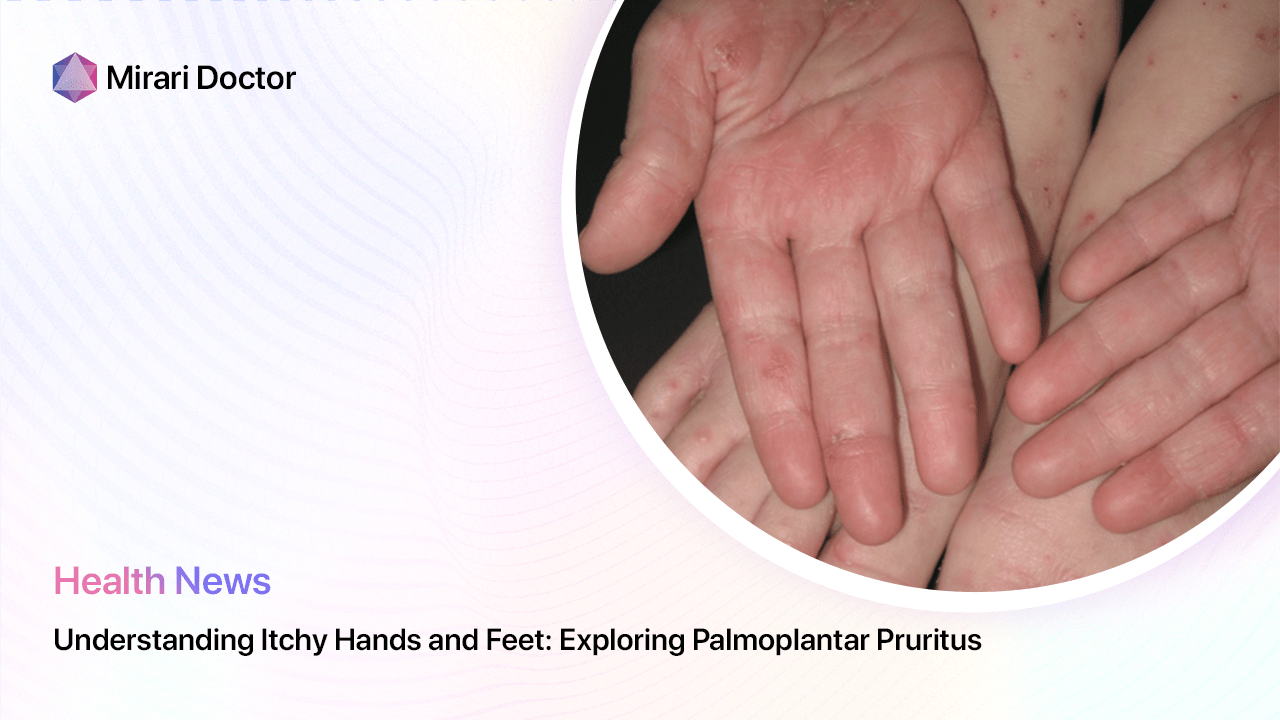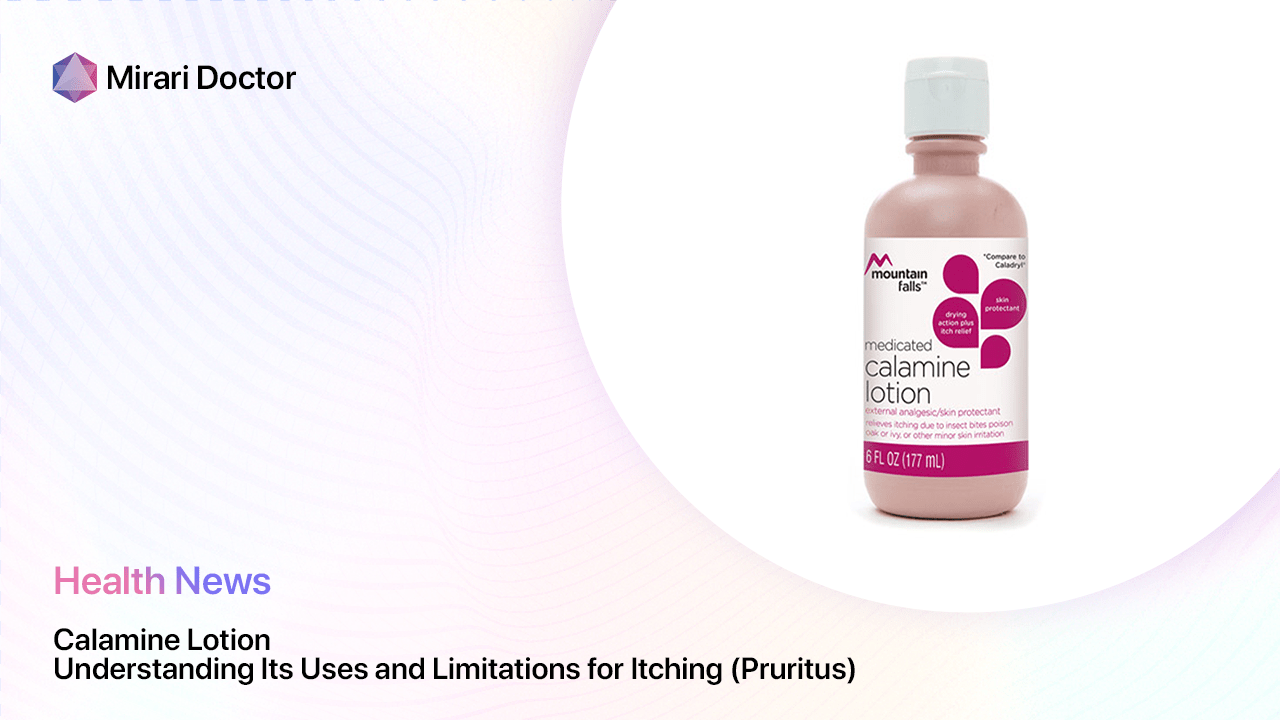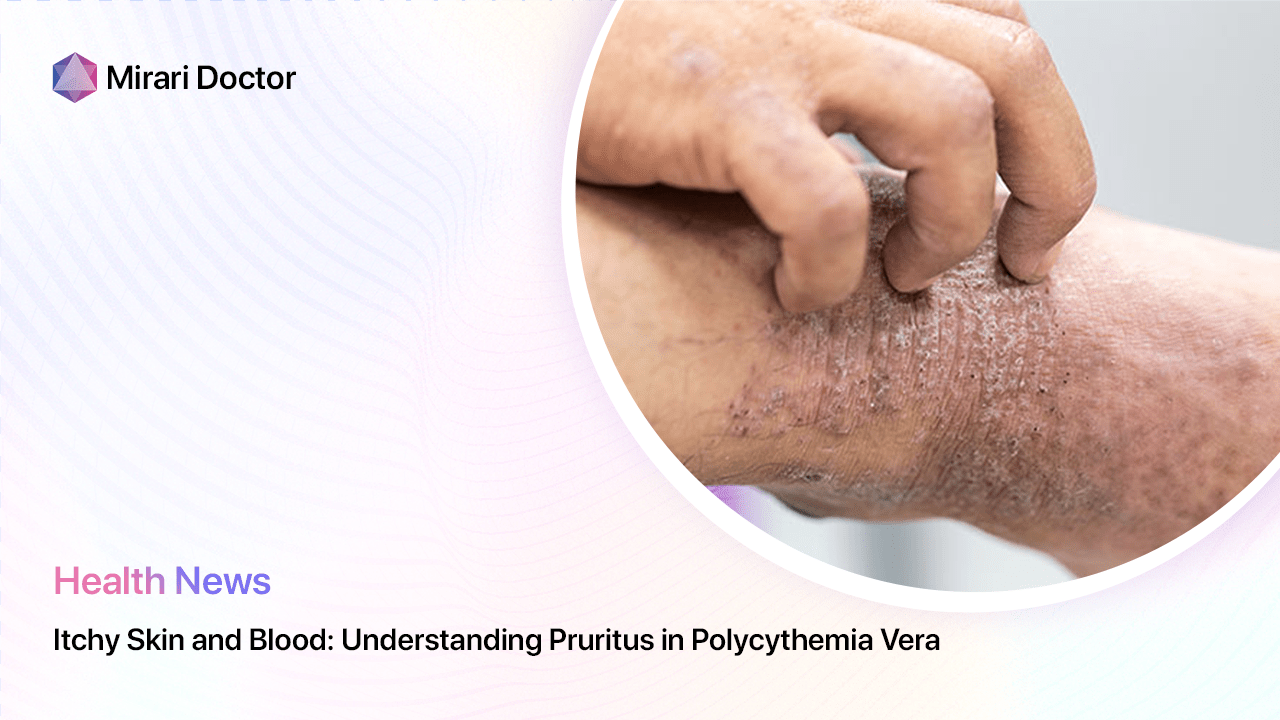
Pruritus scroti, commonly known as scrotal itching, is a condition characterized by persistent and often intense itching sensation in the scrotal area, the skin sac that contains the testicles. This uncomfortable condition can significantly impact one’s quality of life, causing distress, disrupted sleep, and even potential skin damage from excessive scratching.
While pruritus scroti may seem like a minor nuisance, it is a surprisingly common issue, affecting a considerable number of men across various age groups. The constant urge to scratch and the accompanying discomfort can take a toll on daily activities and overall well-being.
The impact of scrotal itching on quality of life cannot be understated. Persistent itching can lead to embarrassment, anxiety, and even social withdrawal, particularly in severe cases. Understanding the causes, symptoms, and appropriate treatments is crucial for finding effective relief and preventing potential complications.
Symptoms of Pruritus Scroti
Itching: Intensity, Duration, and Triggers
The primary symptom of pruritus scroti is, of course, itching in the scrotal area. However, the intensity, duration, and triggers of this itching can vary widely depending on the underlying cause. Some individuals may experience mild, intermittent itching, while others may suffer from severe, persistent, and debilitating episodes.
Certain factors, such as heat, sweating, tight-fitting clothing, or specific fabrics, can exacerbate the itching sensation. Additionally, the itch may worsen at night, disrupting sleep and further impacting overall well-being.
Other Potential Symptoms
While itching is the predominant symptom, pruritus scroti can also be accompanied by other signs and symptoms, including:
- Redness: The affected area may appear red or inflamed due to irritation and scratching.
- Flaking or scaling: Persistent itching and scratching can lead the formation of dry, flaky skin or visible scales on the scrotum.
- Burning sensation: In some cases, individuals may experience a burning or stinging sensation in addition to itching.
- Skin changes: Chronic scratching can cause thickening or roughening of the scrotal skin, a condition known as lichenification.
When to See a Doctor
While mild and temporary scrotal itching may not necessarily require medical attention, it is essential to seek professional help in certain situations:
- Worsening symptoms: If itching becomes severe, persistent, or disruptive to daily life, it is advisable to consult a healthcare professional.
- Signs of infection: If the affected area appears red, swollen, or develops pus or drainage, it may indicate a secondary bacterial infection, which requires prompt medical treatment.
- Accompanying symptoms: If the scrotal itching is accompanied by fever, weight loss, or other concerning symptoms, it could be a sign of an underlying medical condition that requires evaluation.
Seeking prompt medical attention can help identify and address the root cause of the itching, preventing further complications and providing effective relief.
Causes of Pruritus Scroti
Pruritus scroti can arise from a variety of underlying causes, ranging from skin conditions and infections to syst diseases and environmental factors.
Skin Conditions
Several skin conditions can contribute to scrotal itching, including:
- EczemAlso known as atopic dermatitis, eczema is a chronic inflammatory skin condition that can affect various body parts, including the scrotum. It is characterized by dry, itchy, and often inflamed skin.
- Psoriasis: This autoimmune disorder causes the rapid buildup of skin cells, leading to red, scaly patches that can be itchy and irritated, including in the genital area.
- Jock itch: Formally known as tinea cruris, jock itch is a fungal infection that commonly affects the groin, inner thighs, and scrotal area, causing an itchy, red, and often ring-shaped rash.
Fungal Infections
In addition to jock itch, other fungal infections can contribute to pruritus scroti, such as:
- Candidiasis: A yeast infection caused by the fungus Candida albicans can lead to intense itching, redness, and irritation in the groin and scrotal area.
- Tinea versicolor: Also known as pityriasis versicolor, this fungal infection can cause itchy, discolored patches on various body parts, including the scrotum.
Parasites
Certain parasitic infestations can also lead to scrotal itching, with scabies being a common culprit. Scabies is caused by tiny mites that burrow into the skin, leading to intense itching, particularly at night.
Irritant Dermatitis
Exposure to certain irritants, such as harsh soaps, detergents, or fabrics, can cause a form of contact dermatitis, resulting in scrotal itching and skin irritation. This type of irritant dermatitis is often localized to the affected area.
Underlying Medical Conditions
In some cases, pruritus scroti may be a symptom of an underlying medical condition, such as:
- Diabetes: Poorly controlled diabetes can increase the risk of skin infections, including fungal infections that can contribute to scrotal itching.
- Kidney disease: Impaired kidney function can lead to the accumulation of waste products in the body, which can trigger itching, including in the genital area.
- Liver disease: Certain liver disorders can disrupt the body’s ability to process and eliminate substances, leading to potential skin irritation and itching.
Less Common Causes
While less common, factors such as stress, anxiety, and other psychological conditions can also potentially contribute to or exacerbate pruritus scroti in some individuals.
Is Pruritus Scroti Contagious?
Addressing the Common Question Directly
One of the most common concerns regarding pruritus scroti is whether or not it is contagious. The answer to this question depends on the underlying cause of the itching.
Differentiating Contagious vs. Non-contagious Causes
Some causes of scrotal itching, such as fungal infections like jock itch or parasitic infestations like scabies, are indeed contagious and can be transmitted through direct skin-to-skin contact or shared personal items like towels or clothing.
However, many other causes of pruritus scroti, such as eczema, psoriasis, irritant dermat, or underlying medical conditions, are not contagious and cannot be spread from person to person.
It is essential to consult with a healthcare professional to determine the specific cause of the scrotal itching and understand the associated risk of transmission, if any.
Treatment Options for Pruritus Scroti
The appropriate treatment for pruritus scroti depends on the underlying cause and severity of the condition.
Self-care Measures
In some cases, simple self-care measures can provide relief from mild to moderate scrotal itching:
- Gentle cleansing: Use mild, fragrance-free soaps and warm water to gently clean the affected area, avoiding harsh scrubbing or irritating products.
- Loose clothing: Wear loose-fitting, breathable cotton underwear and pants to minimize friction and irritation.
- Cool compresses: Applying cool, damp compresses or taking lukewarm baths can help soothe the itching and reduce inflammation.
Topical Medications
For more persistent or severe cases of pruritus scroti, topical medications may be recommended:
- Steroid creams: Low-potency corticosteroid creams or ointments can help reduce inflammation and itching associated with conditions like eczema or dermatitis.
- Anti-fungal creams: Over-the-counter or prescription-strength anti-fungal creams are effective in treating fungal infections like jock itch or candidiasis.
Prescription Medications
In cases where topical treatments are insufficient or the underlying cause requires systemic treatment, prescription medications may be necessary:
- Oral antihistamines: These medications can help alleviate itching and reduce inflammation.
- Oral antifungal medications: For severe or widespread fungal infections, oral antifungal drugs may be prescribed.
- Immunosuppressants: In cases of autoimmune conditions like psoriasis, immunosuppressant medications may be used to control the underlying disease process.
Addressing Underlying Medical Conditions
If pruritus scroti is determined to be a symptom of an underlying medical condition, such as diabetes, kidney disease, or liver disease, treating the root cause is essential. Appropriate medical management of the underlying condition can help alleviate the associated itching and other symptoms.
Preventing Pruritus Scroti
While not all cases of scrotal itching are preventable, adopting certain practices can help reduce the risk or minimize the severity of the condition.
Maintaining Good Hygiene Practices
Proper hygiene is crucial in preventing and managing pruritus scroti:
- Regular cleansing: Gently wash the genital area with mild soap and warm water, and thoroughly dry the area afterwards.
- Avoiding irritants: Steer clear of harsh soaps, detergents, or fabrics that may cause skin irritation.
- Prompt treatment: Seek prompt medical attention for any skin conditions or infections to prevent complications and further spread.
Choosing Gentle Cleansers and Fabrics
Opt for gentle, fragrance-free cleansers and moisturizers, and wear loose-fitting, breathable cotton underwear and pants to minimize irritation and promote proper ventilation.
Managing Stress and Anxiety
As stress and anxiety can potentially exacerbate or contribute to pruritus scroti, incorporating stress-management techniques, such as exercise, meditation, or counseling, may be beneficial for some individuals.
When to See a Doctor for Pruritus Scroti
While mild and temporary scrotal itching may not necessarily require immediate medical attention, there are certain situations in which seeking professional help is crucial:
Signs of Infection
If the affected area appears red, swollen, or develops pus, drainage, or spreading redness, it may indicate a bacterial or fungal infection that requires prompt medical treatment.
Severe Itching that Disrupts Sleep or Daily Life
If the itching becomes severe, persistent, and disruptive to daily activities or sleep, it is advisable to consult a healthcare professional for proper evaluation and management.
Symptoms Lasting Longer than Several Weeks
Persistent scrotal itching that lasts for several weeks or longer, despite self-care measures, warrants medical attention to identify and address the underlying cause.
“Persistent scrotal itching can be a frustrating and debilitating condition that significantly impacts quality of life. If left unaddressed, it can lead to further complications and discomfort. Seeking prompt medical attention is crucial to identify and treat the underlying cause effectively.” – Dr. Michael Davis, Dermatologist
FAQs
Can stress cause itchy scrotum?
Yes, stress can potentially exacerbate or contribute to pruritus scroti in some individuals. Stress can trigger or worsen inflammatory skin conditions, as well as affect the body’s ability to manage and alleviate itching.
What is the best cream for itchy scrotum?
There is no one-size-fits-all cream for scrotal itching. The most effective treatment depends on the underlying cause. Consulting a healthcare professional is essential to receive an accurate diagnosis and appropriate treatment recommendations, which may include steroid creams, anti-fungal creams, or other prescribed medications.
Is jock itch contagious?
Yes, tinea cruris, commonly known as jock itch, is a contagious fungal infection that can be spread through direct skin-to-skin contact or contact with contaminated surfaces, such as shared towels or clothing.
How long does pruritus scroti typically last?
The duration of pruritus scroti can vary depending on the underlying cause. Short-term or mild cases of scrotal itching may resolve quickly with appropriate treatment or self-care measures. However, persistent or chronic cases may require a doctor’s evaluation and ongoing management to address the root cause effectively.
Can certain foods trigger itchy scrot?
While uncommon, some individuals may experience scrotal itching due to food allergies or sensitivities. Certain foods, such as spicy or acidic foods, can potentially cause skin irritation or inflammation in some cases. If you suspect a connection between certain foods and scrotal itching, it is advisable to discuss this possibility with your healthcare provider.
Takeaway
- Pruritus scroti, or scrotal itching, is a common condition that can significantly impact quality of life and well-being.
- The causes of scrotal itching can range from skin conditions and infections to underlying medical conditions and environmental factors.
- Some causes, such as fungal infections and parasitic infestations, are contagious, while others, like eczema or dermatitis, are not.
- Treatment options vary depending on the underlying cause and may include self-care measures, topical medications, or prescription drugs.
- Maintaining good hygiene, choosing gentle products, and managing stress can help prevent or minimize the severity of pruritus scroti.
- Seeking prompt medical attention is crucial if the itching is severe, persistent, or accompanied by signs of infection or other concerning symptoms.
By understanding the causes, symptoms, and appropriate treatments for pruritus scroti, individuals can take proactive steps to find effective relief and improve their overall quality of life.
Related articles
Made in USA




